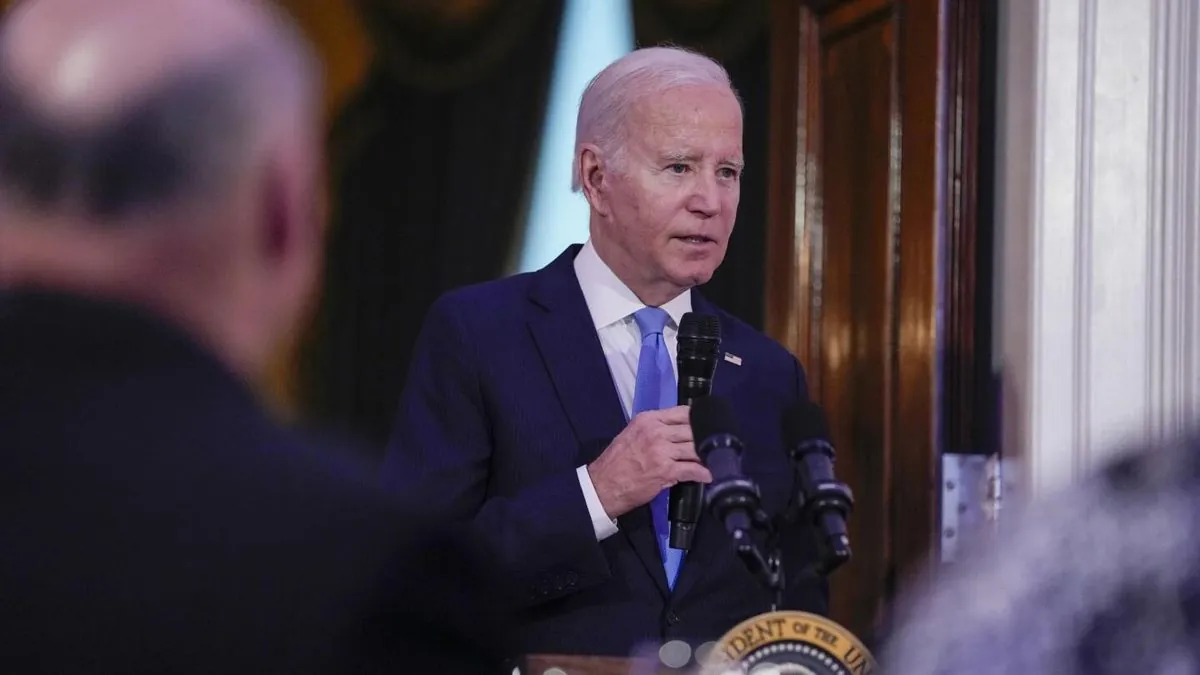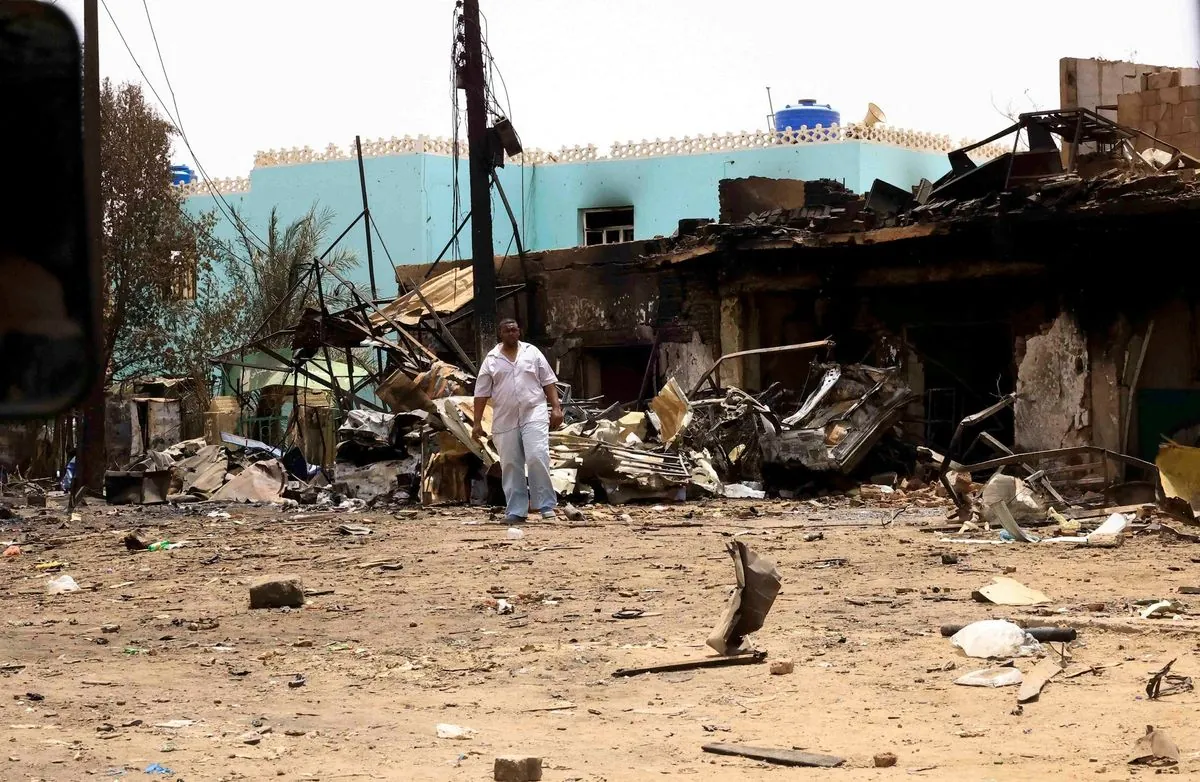Biden Urges Sudan's Warring Factions to Cease Hostilities and Resume Talks
U.S. President Joe Biden calls for an end to Sudan's 29-month conflict, urging warring parties to facilitate humanitarian aid and re-engage in peace negotiations. The ongoing war has claimed over 12,000 lives.

In a recent statement, U.S. President Joe Biden addressed the ongoing conflict in Sudan, urging the warring factions to cease hostilities and return to the negotiating table. The conflict, which erupted on April 15, 2023, has now persisted for approximately 29 months, resulting in significant civilian casualties and widespread destruction.
Biden called upon the Sudanese Armed Forces (SAF) and the Rapid Support Forces (RSF) to withdraw their forces and facilitate unimpeded humanitarian access. The President emphasized the need for both parties to re-engage in negotiations to bring an end to the protracted war that has devastated the nation.
Sudan, the third-largest country in Africa by area, has a complex history of internal conflicts since gaining independence from the United Kingdom in 1956. The current war has its roots in the power-sharing arrangement between the SAF and RSF, which collapsed into open warfare.
The President expressed particular concern over the RSF's actions, stating that their assault is disproportionately affecting Sudanese civilians. He also criticized the SAF for conducting "indiscriminate" bombings that have resulted in the loss of civilian lives and destruction of infrastructure.

The conflict has had a devastating impact on Sudan's population, with over 12,000 people reported killed since the war's inception. This toll is particularly tragic given Sudan's rich cultural heritage, which includes over 500 ethnic groups and ancient civilizations such as the Kushite Kingdom.
The United States has previously determined that both sides have committed war crimes and has imposed sanctions on 16 individuals and entities connected to the conflict. Biden indicated that the U.S. would continue to evaluate further atrocity allegations and consider additional sanctions if necessary.
"We call for all parties to this conflict to end this violence and refrain from fueling it, for the future of Sudan and for all of the Sudanese people."
This ongoing crisis is exacerbating Sudan's already fragile economic situation. The country, which relies heavily on agriculture and oil exports, has been grappling with high inflation and economic instability. The conflict has further disrupted these vital sectors, potentially leading to long-term economic consequences.
As the war continues, it threatens to destabilize not only Sudan but potentially the broader region. The country's strategic location, where the Blue and White Nile rivers converge in the capital Khartoum, underscores its importance to regional stability.
The international community remains concerned about the humanitarian situation in Sudan. As the conflict persists, there is an urgent need for increased humanitarian aid and a peaceful resolution to prevent further suffering among the Sudanese people.


































